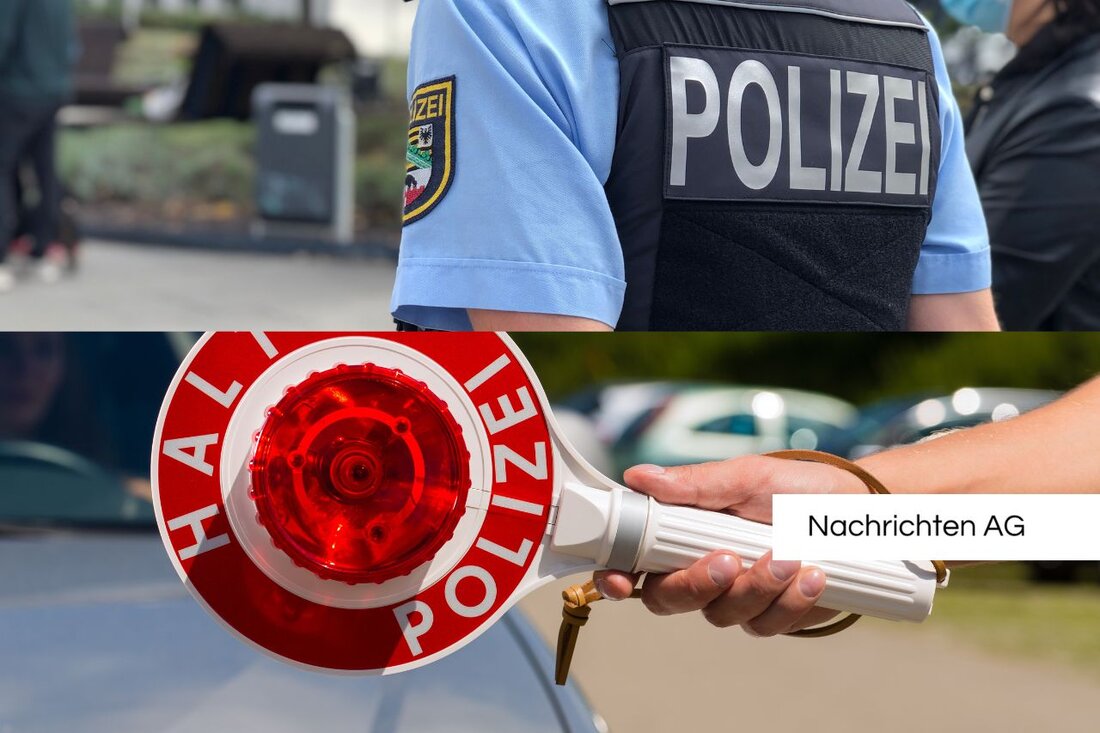BUND relieves local investments: Smaller communities benefit!
BUND relieves local investments: Smaller communities benefit!
This day, May 19, 2025, the federal government speaks with significant changes to support cities and municipalities. As part of the local investment laws, which were adopted in 2020, 2023 and 2025, new instruments were created to improve the financial situation of the municipalities. According to [ots] (https://www.ots.at/presseaus-sung/ots_20250519_ots0098/vereinfachte-regel-bei--Bei--- and-Staedten-and-municipalities), the supported measures are diverse and range from thermal renovations of municipal buildings to the expansion of charging structure for e-mobility to maintenance work on cycling and Footpaths.
So far, the use of these funding required mandatory co-financing on the part of the municipalities, which was between 20 % and 50 %. This regulation was a significant hurdle, especially for smaller communities and led to a high level of administrative effort. The current amendment to the law aims to reduce this effort and to facilitate the payment of investment grants.new financing structure
A central aspect of the novella is the conversion of purpose grants into direct financial assignments. The following funds are planned for the municipalities for the coming years: 211 million euros for 2025, 320 million euros for 2026, 290.8 million euros for 2027 and 60 million euros for 2028. At the same time, the federal government keeps control of the proper use of these funds, as Finance Minister Markus Marterbauer emphasizes.
The planned abolition of mandatory co-financing is seen as a crucial step in promoting investments, especially in smaller municipalities. Finance Secretary Barbara Eibinger-Miedl emphasizes that the municipal investment program has already triggered 3.9 billion euros in investments. This could help the municipalities to be able to finance urgently required projects without high own funds.
support measures in North Rhine-Westphalia
In addition to the federal measures, the municipal investment funding fund is also available, which is intended to help in particular financially weak municipalities. According to BRD, the total volume of the fund is 7 billion euros, divided into two funding programs. These include investments in infrastructure, such as urban planning measures and energetic renovations of school buildings.
The funding opportunities are particularly attractive for North Rhine-Westphalia, which receives a total of around 1.12 billion euros. Of this amount, around 343 million euros are eliminated to the Düsseldorf region. For the infrastructure program, up to 90 % of the costs can be funded by the federal government, which is a significant relief for many communities.
The implementation of the funding in North Rhine-Westphalia is carried out by the law to implement the Local Investment Promotion Act (KINVFÖG NRW), and the Ministry of Home, Local Center, Building and Digitization has published a FAQ catalog to support the municipalities in applying for.
EU funding and other perspectives
The EU also plays a crucial role in supporting projects in Germany, such as germany.represation.ec.europa.eu. Over 94 percent of the EU budget flow into areas such as regional and urban development. Municipalities and companies in particular can benefit from the funding provided. These funds are managed nationwide, whereby the federal states are responsible for the selection and control of the funded projects.
Innovative companies can apply for EU funding as part of the EIC Accelerator to advance their developments. In addition, the European Fund for strategic investments offers opportunities to finance small and medium -sized companies.
Overall, the new regulations and funding programs aim to significantly improve investment conditions for cities and municipalities. These initiatives should not only contribute to strengthening the municipal infrastructure, but also to promote innovations in the affected regions.
| Details | |
|---|---|
| Ort | Nordrhein-Westfalen, Deutschland |
| Quellen | |


Kommentare (0)